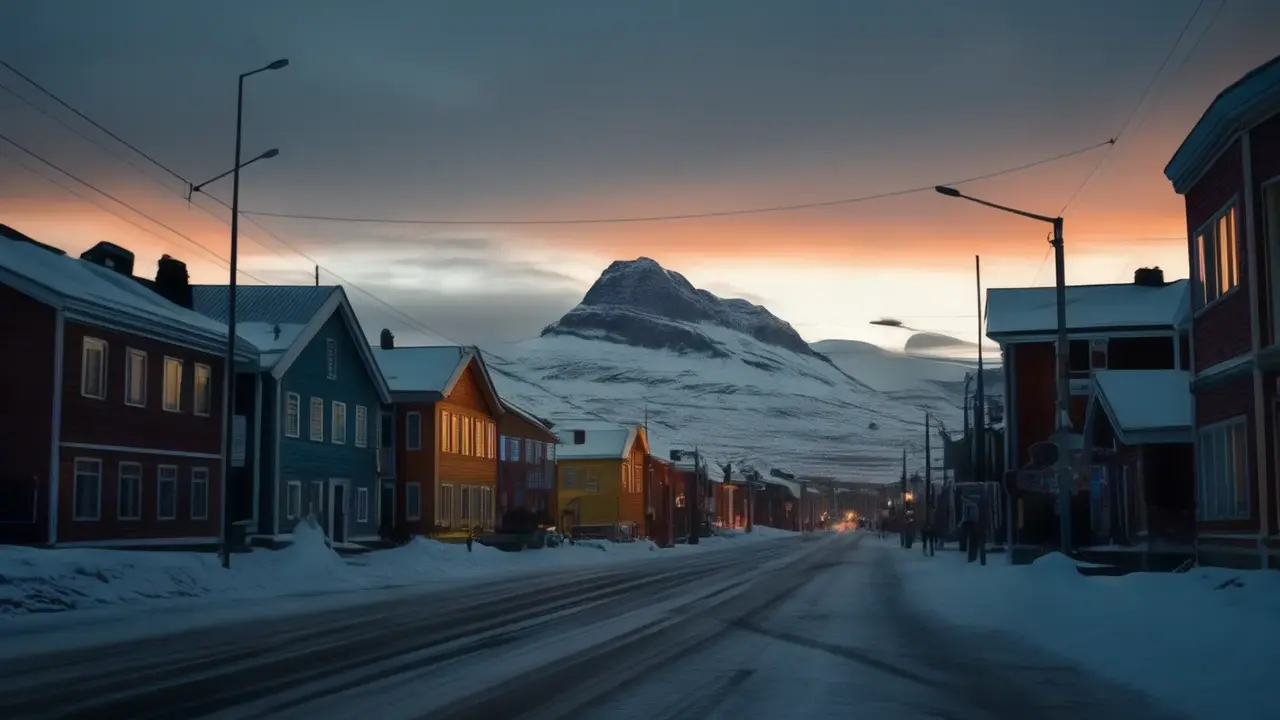This phenomenon is associated with the polar night, which occurs in December above the Arctic Circle, when the sun does not rise above the horizon. Astronomer Lyudmila Koshman, head of the methodological support department of the Moscow Planetarium, explained that the polar night at Murmansk latitude lasts from December 2 to January 10, and the peak of this phenomenon occurs on December 21-22. In Polyarnye Zori these days the sun is not visible in the sky, but the day does not pass in complete darkness – twilight is observed.
On this day, there will be light in Moscow for 6 hours 59 minutes, which is the minimum time for the capital. Interestingly, in Antarctica at this time the polar day lasts and the sun does not set below the horizon.
Source: Ferra
I am a professional journalist and content creator with extensive experience writing for news websites. I currently work as an author at Gadget Onus, where I specialize in covering hot news topics. My written pieces have been published on some of the biggest media outlets around the world, including The Guardian and BBC News.










